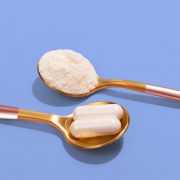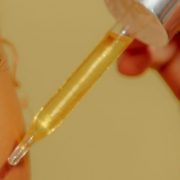To know the correct way to handle clinical waste disposal we need to understand what clinical waste is. It is anything that is made of or contains human tissue (or animal tissue), bodily fluids and excretions, blood or something that has been contaminated with any pharmaceutical agents that are biologically active. So the term clinical waste covers many different types of waste that all need to be handled in different ways.
There can be legal implications involved if things aren’t disposed of correctly, so it is important to work with a company that specialises in all types of waste disposal and has a proven track record and a good reputation for doing everything safely and by following legal guidelines.
Clinical Waste – What Harm Can it Do?
Clinical waste is harmful to humans but also to the environment. Toxins can be released into the air or water supplies causing further problems and posing more dangers to humans, animals and the environment. And some clinical waste even gets dumped into the oceans. The threats to marine life are increasing by the day and researchers and scientists are seeing devastating results to such carelessness. But unfortunately, clinical waste is just one of many environmental problems that we face today. Air and water supplies are polluted with more than clinical waste. Toxins are coming from vehicles and factories and other types of industry. The world constantly wants more, but at what cost to the actual planet? And to the health of future generations?
The Big Question
The big question then, is what clinical waste is and what kinds of waste does it refer to? Clinical waste is waste that needs a special means of disposal so it is safe. It can be produced by a large range of activities and locations – from hospitals to universities, nursing homes and dentists or research laboratories and veterinary practices. It can include things like syringes and needles, dressings, oxygen masks, sanitary waste, out-of-date medicines, incontinence pads, medical gowns (PPE), x-rays and even mercury. If this is something that you will be disposing of then it would be a great idea to get in touch with a professional service to explain the benefits to effective clinical waste disposal solutions.
The Climate Change Effect
I’m sure two words we’ve all become familiar with are climate change. This is something we’ve become more aware of in recent years. While some still want to deny it is happening, it is hard to ignore the facts right in front of us – melting polar ice caps, increasing natural disasters, new diseases and illnesses, the changes we’ve seen to seasons. All of these have destructive results and cause a lot of devastation to the areas affected.
Another two words we’ve come to know are global warming. The overuse of fossil fuels for a sustained period of time has caused a lot of damage and destruction to the earth. There is now a lot of focus on using renewable energy sources to try and slow down or reverse the damage, although the point is argued that it is too little, too late.
There are many threats against our environment and risks posed to humans that need serious consideration. One way we’ve looked at, clinical waste disposal, isn’t one we might think of automatically, but it is vital that it be handled correctly and appropriately.

















Comments